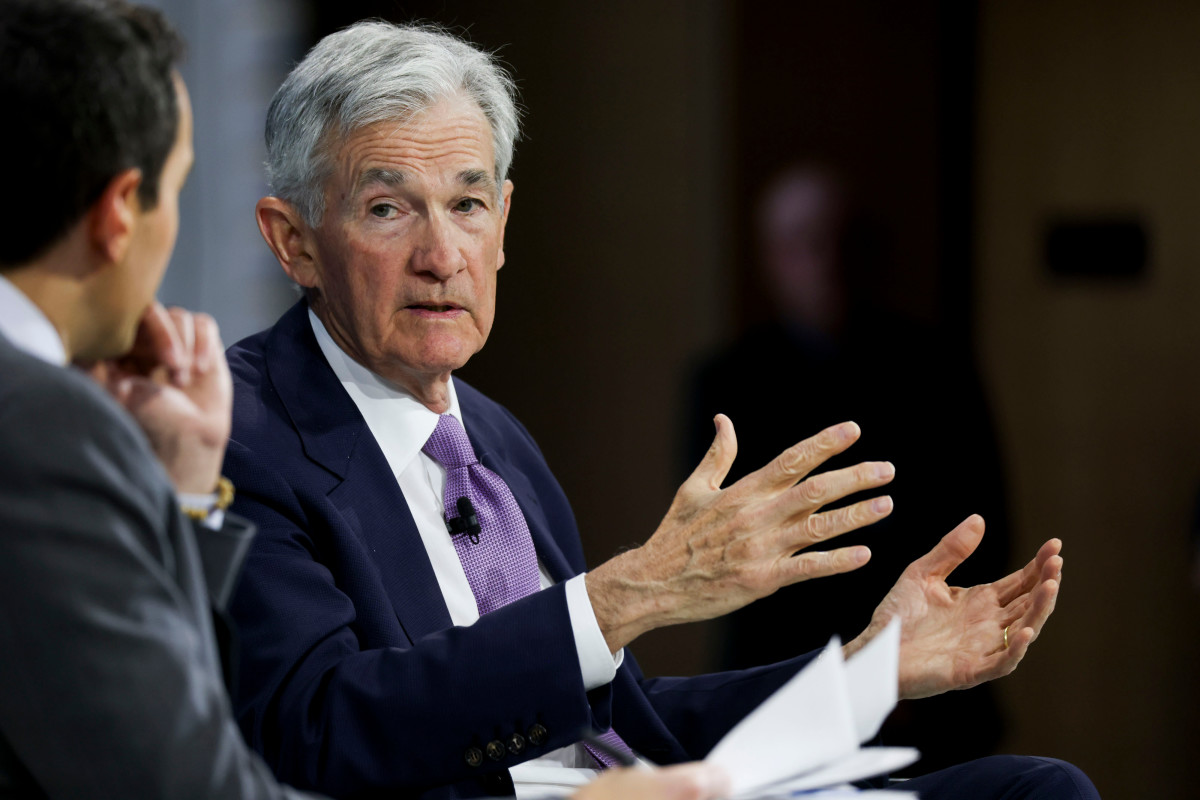
Investors are uneasy after the Federal Reserve signaled a slower pace of rate cuts in 2025. Kevin Nicholson, chief investment officer of Global Fixed Income, Riverfront Investment joined TheStreet to discuss his outlook on rate cuts and inflation in the year ahead.
Related: Fed Chair Powell is 'adult in the room' as Trump hammers Congress
Full Video Transcript Below:
CONWAY GITTENS: So talk to me about the Federal Reserve. What do you expect to see from the Federal Reserve in 2025? I mean, the market seemed to be ahead of the Fed in 2024 and 2025. What do you expect to see in terms of how low the Fed will go?
KEVIN NICHOLSON: Well, first of all, I think in 2025, it's important to remember, I think, that the Fed will be slower to lower than the market expects. And even though the Fed started their rate cuts in September with a Big Bang, I think that they're going to now start to slow those down and be more data dependent, largely because the economic growth has continued in light of them cutting rates. And so what the Fed doesn't want to do is to induce further inflation and inflation moving higher. So I think that what we will see in 2025 is that the Fed will ultimately get they will end the year with the Fed funds rate around 3 and 7/8. And so I think that the neutral rate is actually going to be higher than what the market is actually expecting at the moment.
Watch More Interviews:
- Ray J's blunt advice for aspiring entrepreneurs
- Dave Ramsey reveals why Americans keep spending despite economic gloom
- Remote work is stable and here to stay says ZipRecruiter economist
- Liz Ann Sonders: How to invest in AI hype without stock picking
CONWAY GITTENS: So 3 and 7/8 would be about a drop, a full percentage point drop in 2025. And so we've been hearing more chatter or more fear that inflation is going to roar back in 2025 and become a problem. What's your thinking on inflation?
KEVIN NICHOLSON: Well, as of right now, inflation has been stickier than everyone has thought. And if you add tariffs into the mix, that means that goods may end up costing more, especially if there is retaliation from these other countries that we place tariffs on. So overall, I think that inflation is going to be more sticky than everyone expects, and therefore it's going to force yields higher. And ultimately, we will see the Fed pause.







